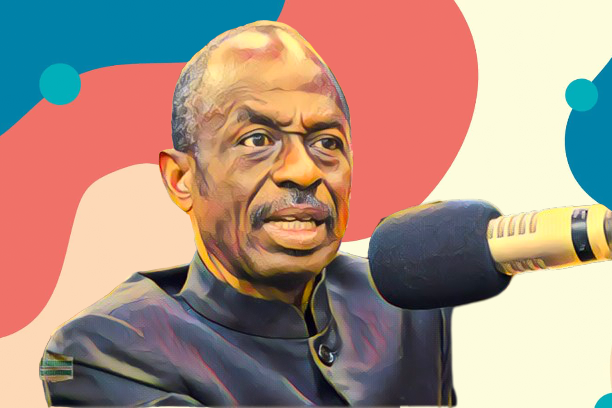Ghana’s political landscape has been shaken by serious allegations of corruption against officials from the ruling New Patriotic Party (NPP). Johnson Asiedu Nketiah, the General Secretary of the opposition National Democratic Congress (NDC), has accused NPP appointees of stealing public funds to such an extent that they can only store the money at home.
Speaking at a recent press conference, Nketiah claimed that several NPP officials have engaged in large-scale embezzlement of state resources. According to him, the funds stolen are so significant that they are unable to deposit them in banks without raising suspicion. “The level of corruption is unprecedented,” Nketiah said. “These appointees have looted so much money that it is impossible to keep it in banks, so they have resorted to keeping it at home.”
The NDC leader did not provide specific names or evidence to support his allegations, but he called for a thorough investigation into the financial dealings of all NPP appointees. He urged the government to take immediate action to hold those responsible accountable and recover the stolen funds. “We cannot allow a few individuals to enrich themselves at the expense of the entire nation,” he added.
These allegations come at a time when the NPP government is already under scrutiny for various corruption scandals. In recent months, the government has faced criticism over its handling of public funds, with opposition parties and civil society organizations calling for greater transparency and accountability.
In response to Nketiah’s accusations, the NPP has denied any wrongdoing, dismissing the claims as politically motivated. A spokesperson for the party stated, “These allegations are baseless and are intended to tarnish the image of the government ahead of the upcoming elections. The NPP remains committed to upholding the principles of good governance and fighting corruption.”
The NPP also challenged Nketiah to provide concrete evidence to back his claims, arguing that making unsubstantiated allegations without proof is irresponsible and undermines public trust in the political process. “If there is any evidence of corruption, it should be presented to the appropriate authorities for investigation,” the spokesperson said.
Political analysts believe that these allegations could further escalate tensions between the two major political parties in Ghana, especially as the country prepares for its general elections. The accusations are seen as part of a broader strategy by the NDC to discredit the ruling party and galvanize support among voters frustrated by economic hardships and perceived government mismanagement.
Meanwhile, ordinary Ghanaians are expressing frustration over the ongoing political squabbles, with many calling for a focus on addressing the pressing issues facing the nation. “We are tired of the blame games and finger-pointing,” said a resident of Accra. “What we need are real solutions to the problems we face every day, like unemployment, inflation, and poor infrastructure.”
As the political drama unfolds, there is growing pressure on both the NPP and NDC to demonstrate their commitment to combating corruption and ensuring good governance. Many Ghanaians are hoping for a shift towards more constructive dialogue and concrete actions that will improve the lives of the ordinary citizens.
Despite the current political turmoil, there is optimism that Ghana’s democratic institutions will prevail and that those found guilty of corruption will be held accountable. The coming months will be crucial in determining whether the allegations of corruption will lead to meaningful reforms or further entrench political divisions.
Source: GhanaWeb




